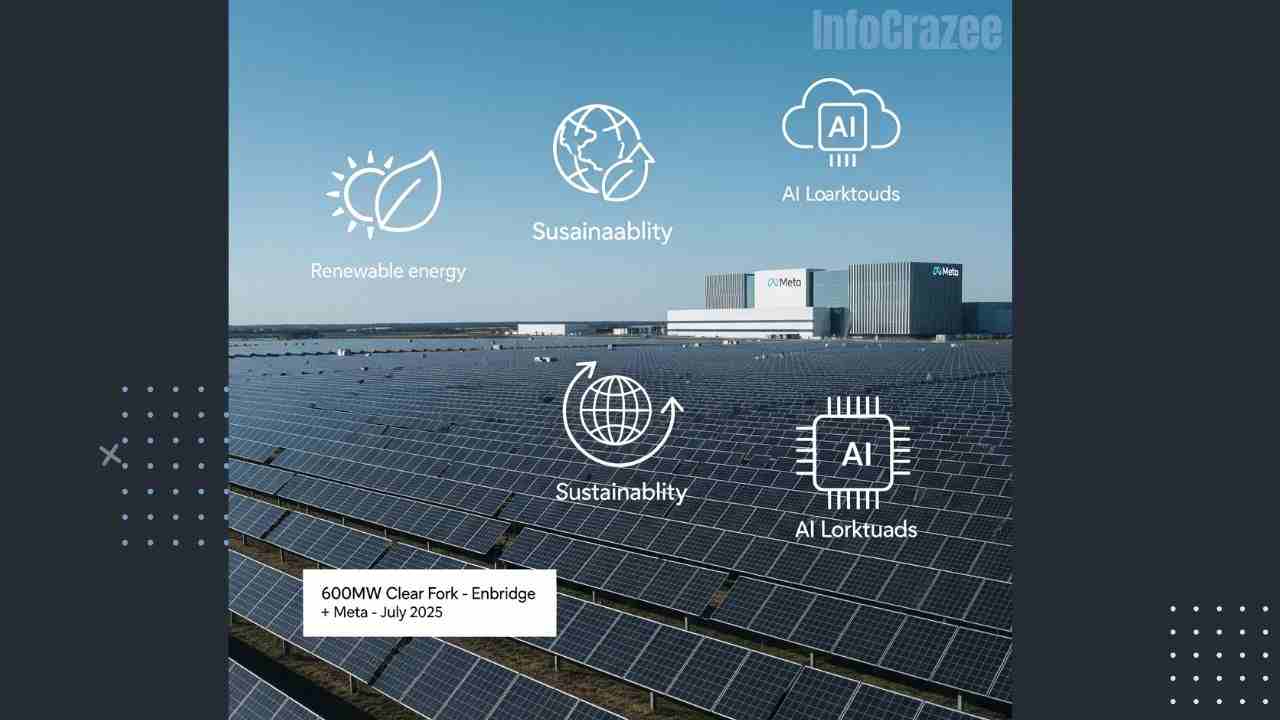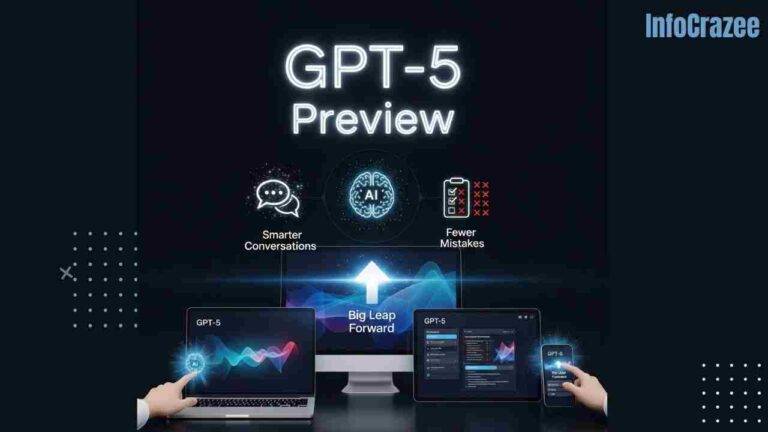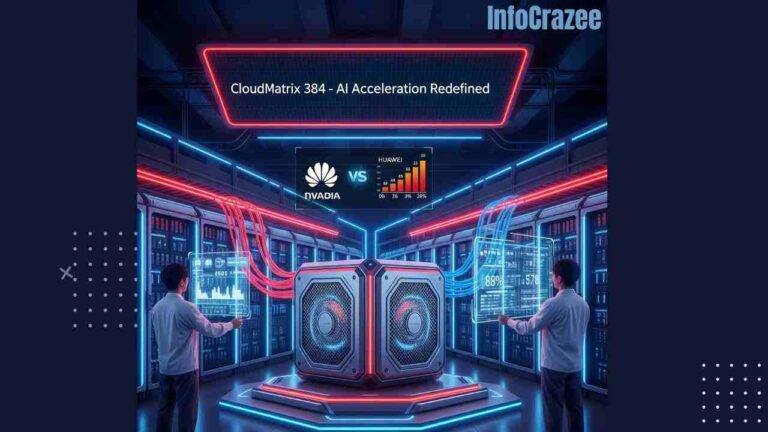Meta Strikes Deal for 600MW Solar Farm to Power Its Data Centers
Meta, the parent company of Facebook, Instagram, and WhatsApp, has signed a landmark power purchase agreement (PPA) with Enbridge to secure the entire 600-megawatt (MW) output of the Clear Fork solar farm in Texas. The deal, announced on July 30, 2025, underscores Meta’s commitment to powering its rapidly expanding data center operations with 100% renewable energy, aligning with its ambitious sustainability goals and the growing energy demands of its AI-driven initiatives.
A Strategic Partnership for Clean Energy
The Clear Fork solar project, located near San Antonio, is under construction and expected to be operational by summer 2027. Enbridge, a Canada-based energy developer, estimates the project’s cost at $900 million and will retain ownership of the facility. Meta will offtake all electricity generated to support its data centers in Texas, a key hub for the company’s infrastructure due to the state’s favorable permitting, land availability, and high solar irradiance.
“We are thrilled to partner with Enbridge to bring new renewable energy to Texas and help support our operations with 100% clean energy,” said Urvi Parekh, Meta’s Head of Global Energy. Matthew Akman, Enbridge’s Executive Vice President for Corporate Strategy, emphasized the deal’s significance, stating, “Clear Fork demonstrates the growing demand for renewable power from technology and data center operations across North America.”
Fueling AI and Data Center Growth
Meta’s aggressive push into artificial intelligence, particularly its open-source Llama 4 model, has driven a surge in data center energy needs. The company plans to spend $60 billion on capital investments in 2025, with the majority allocated to data center infrastructure to maintain a “strategic advantage” in AI innovation, according to CEO Mark Zuckerberg. The Clear Fork deal is part of a broader strategy to match this expansion with renewable energy, mitigating the environmental impact of power-intensive AI workloads.
In the past year, Meta has secured multiple solar deals, including a 650MW agreement with AES for projects in Texas and Kansas, a 595MW deal with Zylstra for four Texas solar farms, and a 200MW purchase from Engie’s Anson 2 project in Texas. These agreements build on Meta’s existing 12-gigawatt (GW) renewable energy portfolio, which includes 75 solar and 21 wind projects. By the end of 2025, Meta expects to add 9.8GW of renewable energy to U.S. grids, enough to power over 2 million homes.
Why Solar? Speed and Scale
Solar power’s rapid deployment—often online in 18 months—makes it ideal for tech companies like Meta, which need immediate energy solutions to support data center growth. Unlike fossil fuel plants, solar farms can be phased in, delivering power before full completion. The Clear Fork project’s modular design allows Meta to tap into its output incrementally, aligning with the company’s urgent energy demands. Solar’s cost-effectiveness, as one of the cheapest sources of new generating capacity, further enhances its appeal.
Texas remains a prime location for these investments due to its robust solar potential and supportive regulatory environment. However, data centers’ massive energy consumption—10 to 50 times that of typical office buildings—has sparked scrutiny over grid impacts. Meta’s PPAs help address this by directly matching its energy use with new renewable generation, reducing reliance on fossil fuels and supporting local grids.
Broader Implications
The Enbridge deal not only bolsters Meta’s net-zero emissions goal by 2030 but also signals to the market that Big Tech is serious about clean energy. Long-term PPAs provide financial stability for developers like Enbridge, encouraging further investment in renewables and creating jobs in local economies. However, challenges remain, including navigating regulatory changes like the wind-down of solar tax credits under the 2025 One Big, Beautiful Bill Act, which requires projects to be in service by 2027 to qualify for altered investment tax credits.
As Meta continues to scale its AI and data center operations, its renewable energy strategy sets a precedent for the tech industry. By leveraging solar power’s speed, scale, and affordability, Meta is not only meeting its own energy needs but also driving the broader transition to a cleaner energy future.






